Brand mentions vs. AI search citations: what Ahrefs' data shows (r≈0.67)
Recent statements from Ahrefs indicate a strong relationship between brand mentions on third-party sites and visibility across AI search surfaces. This brief compiles what Ahrefs disclosed, clarifies what is and is not measured, and frames the implications for SEO teams evaluating off-page investments.
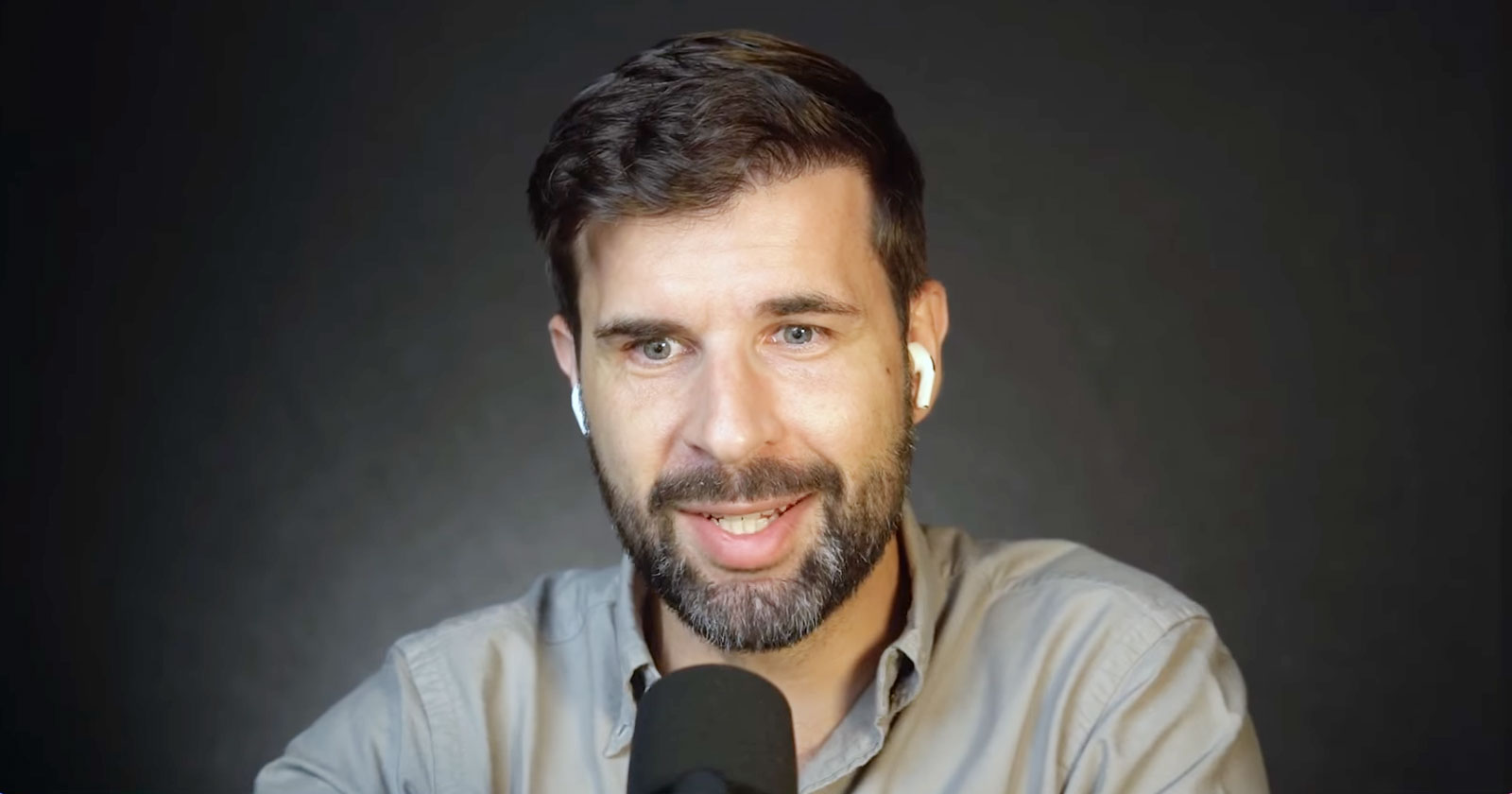
Executive snapshot: brand mentions in AI search
Ahrefs reports that the volume of branded web mentions has a strong positive correlation (r≈0.67) with how often a brand is cited in AI search answers and overviews [S1]. Mentions do not need to be links to correlate with AI visibility, and topical context matters - who mentions you and alongside which topics or brands [S1].
Ahrefs advises focusing on domains AI systems frequently cite, highlighting UGC forums (e.g., Reddit, Quora), review sites, and YouTube transcripts as high-value sources observed in their data [S1]. Ahrefs also notes a months-long lag between new web data and model retraining, meaning off-page efforts may affect AI systems using live crawling sooner than model-retrained systems [S1]. Ahrefs positions Brand Radar as a dataset for finding domains and pages most commonly cited across AI surfaces [S2].
Implication for marketers: Off-page programs that secure credible, topical brand mentions - especially on domains AI commonly cites - are likely to increase AI search citations. Links help but are not strictly required [S1][S2].
Method and source notes
This brief relies on Ahrefs' public discussion of its internal dataset and correlation analysis, plus supporting product documentation and platform guidance.
- What was measured: Correlation between branded web mentions and frequency of being cited in AI search outputs (AI Overviews and conversational answers). Ahrefs defines a mention to include linkless references [S1].
- Who/when: Ahrefs leadership (Tim Soulo, Ryan Law) discussed results on "How to Win in AI Search (Real Data, No Hype)," referencing their Brand Radar dataset to identify commonly cited domains and pages [S1][S2].
- Methodology: Correlation analysis with a reported coefficient of ≈0.67 for branded mentions vs. AI citations. No public details on sample, timeframe, weighting, or normalization were provided [S1].
- AI surfaces context: Google AI Overviews and other AI systems include links to sources. Ahrefs claims to index citations across such surfaces, but coverage breadth is not published [S2][S4].
Key limitations: The correlation is self-reported, methods and sample are not publicly documented, and potential confounders (brand size, authority, PR velocity) are not accounted for in the shared summary [S1][S2].
Findings: off-page mentions, topical context, and AI citations
Ahrefs reports a strong positive correlation between the number of branded web mentions and how frequently a brand is cited by AI search systems (≈0.67). In practical terms, brands mentioned more widely across the web are more likely to be referenced in AI answers [S1].
Mentions do not need to be hyperlinks to show this relationship, indicating that linkless citations can still contribute to inclusion signals for AI surfaces [S1]. Topicality matters: where and alongside which topics or brands a company is mentioned influences how models understand the brand and when to recommend it [S1].
Ahrefs recommends focusing outreach on domains that AI often cites, notably UGC forums (Reddit, Quora), review sites, and YouTube content where transcript text is accessible. These sources reportedly appear frequently among AI citations in Ahrefs' observations [S1]. Ahrefs also distinguishes between systems that compose answers from live crawls and those reliant on episodic model retraining, which can lag by months [S1].
The Brand Radar dataset is presented as a way to identify domains and specific pages most commonly cited by AI systems for a given niche or topic, enabling more targeted placement for mentions [S2]. This aligns with platform guidance that AI Overviews typically surface links to sources used, reinforcing the importance of being present on pages likely to be cited [S4].
Interpretation and implications
- Likely: Building credible, topical brand mentions on third-party sites increases the probability of being cited in AI search results, even without links, given the reported correlation and how AI Overviews attribute sources [S1][S4].
- Likely: Targeting domains and formats that AI frequently cites (UGC forums, expert reviews, YouTube transcripts) should yield higher marginal returns than generic outreach because these sources appear often in AI answers per Ahrefs' observations [S1][S2].
- Tentative: Because model retraining can lag by months, off-page efforts may impact live-crawl systems earlier than model-retrained assistants, creating staggered visibility gains across surfaces [S1].
- Tentative: Linkless mentions can contribute to AI understanding and citation behavior. Their relative weight vs. linked mentions in traditional rankings is not established by this dataset [S1].
- Speculative: Concentrating mentions on pages Brand Radar flags as commonly cited could accelerate AI visibility, but the magnitude of lift will depend on brand authority, content quality, and competitive density - factors not quantified in the shared analysis [S1][S2].
Contradictions and gaps
- Causation vs. correlation: A 0.67 correlation does not prove that mentions cause AI citations. Larger brands may naturally earn more mentions and more citations due to underlying authority and demand [S1].
- Methods opacity: Sample size, query set composition, timeframe, and normalization for brand size or authority are not published, limiting reproducibility and benchmarking [S1][S2].
- Surface coverage ambiguity: "AI search surfaces" are not fully enumerated. Coverage across Google AI Overviews vs. Bing Copilot vs. other assistants may vary, and the dataset's inclusion rules are undisclosed [S2].
- Quantifying context: While topicality is asserted as important, there is no published scoring rubric for context fit, making it hard to prioritize competing placements systematically [S1].
- Linkless vs. linked impact: The differential impact of linkless mentions on traditional organic rankings remains unclear. Ahrefs' claim pertains to AI citations, not classic ranking algorithms [S1].
Sources
- [S1] Ahrefs podcast - "How to Win in AI Search (Real Data, No Hype)". Statements by Tim Soulo (CMO) and Ryan Law (Director of Content Marketing) on brand mentions, AI citations, correlation ≈0.67, topicality, UGC and YouTube focus, and retraining lag.
- [S2] Ahrefs Brand Radar - product and dataset description indicating identification of domains and pages most commonly cited across AI surfaces; used to target off-page mentions.
- [S3] Search Engine Journal - Roger Montti's coverage summarizing the Ahrefs discussion and highlighting the 0.67 correlation and off-page emphasis.
- [S4] Google Search guidance - documentation indicating AI Overviews include links to sources used to generate answers, reinforcing the role of being cited on third-party pages.

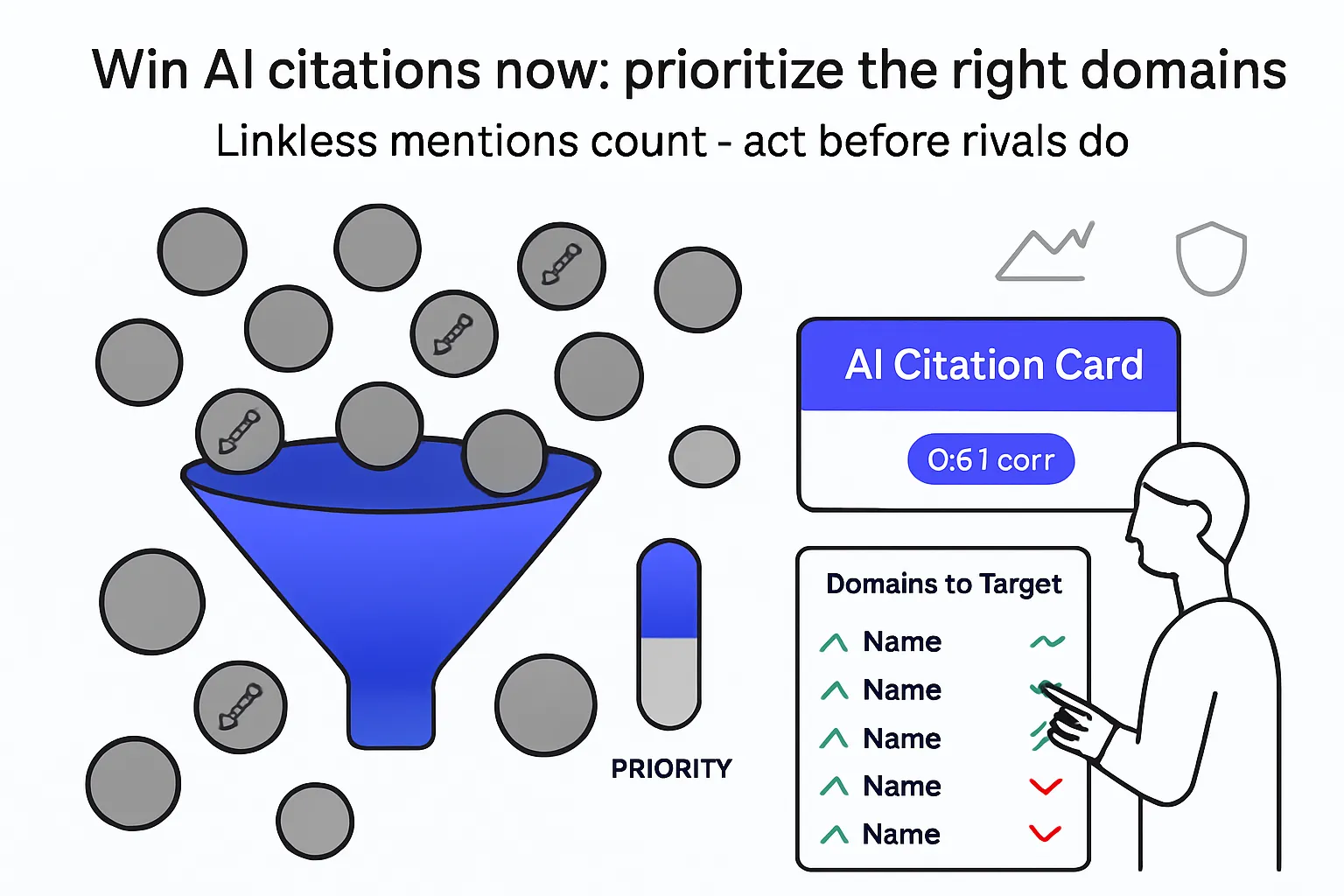
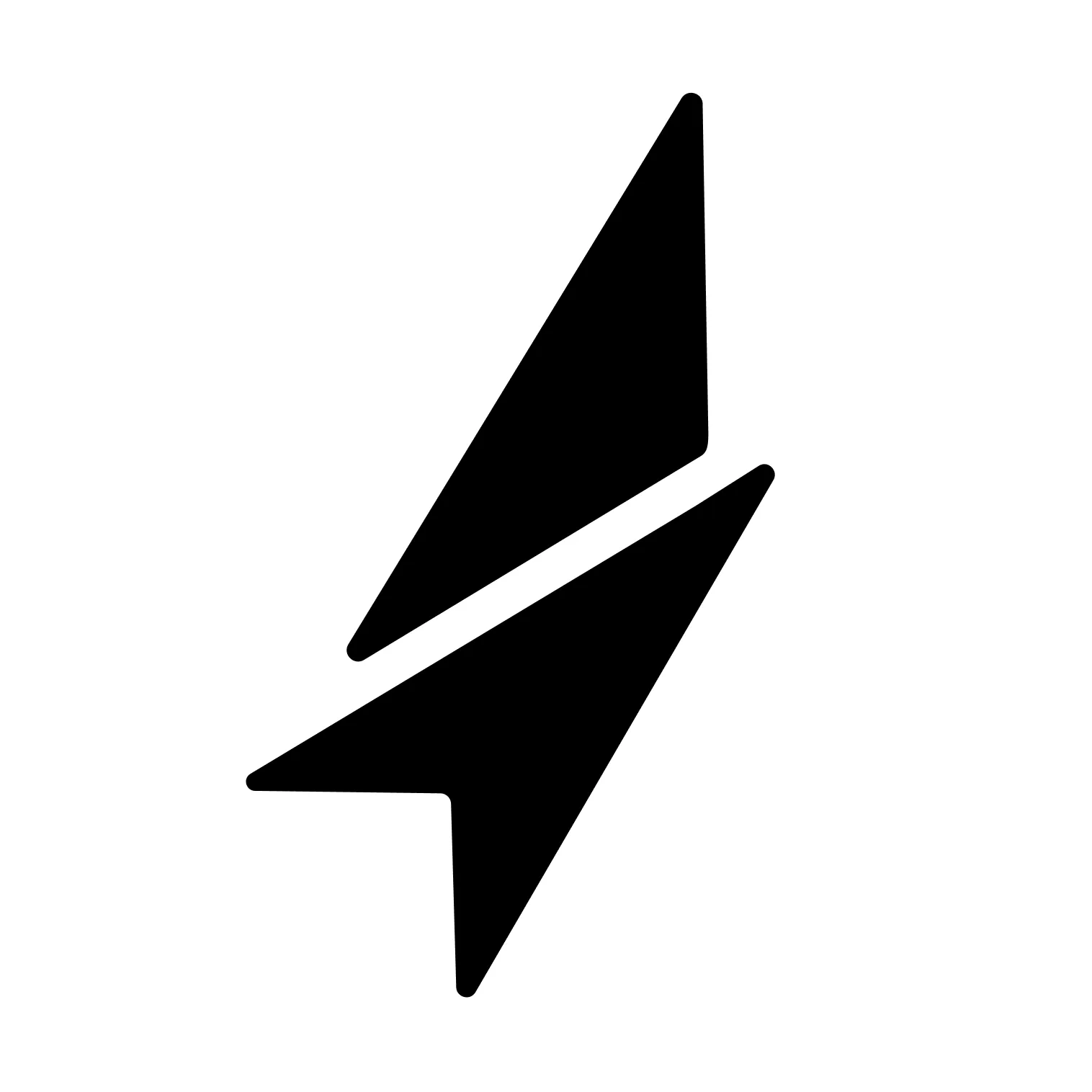

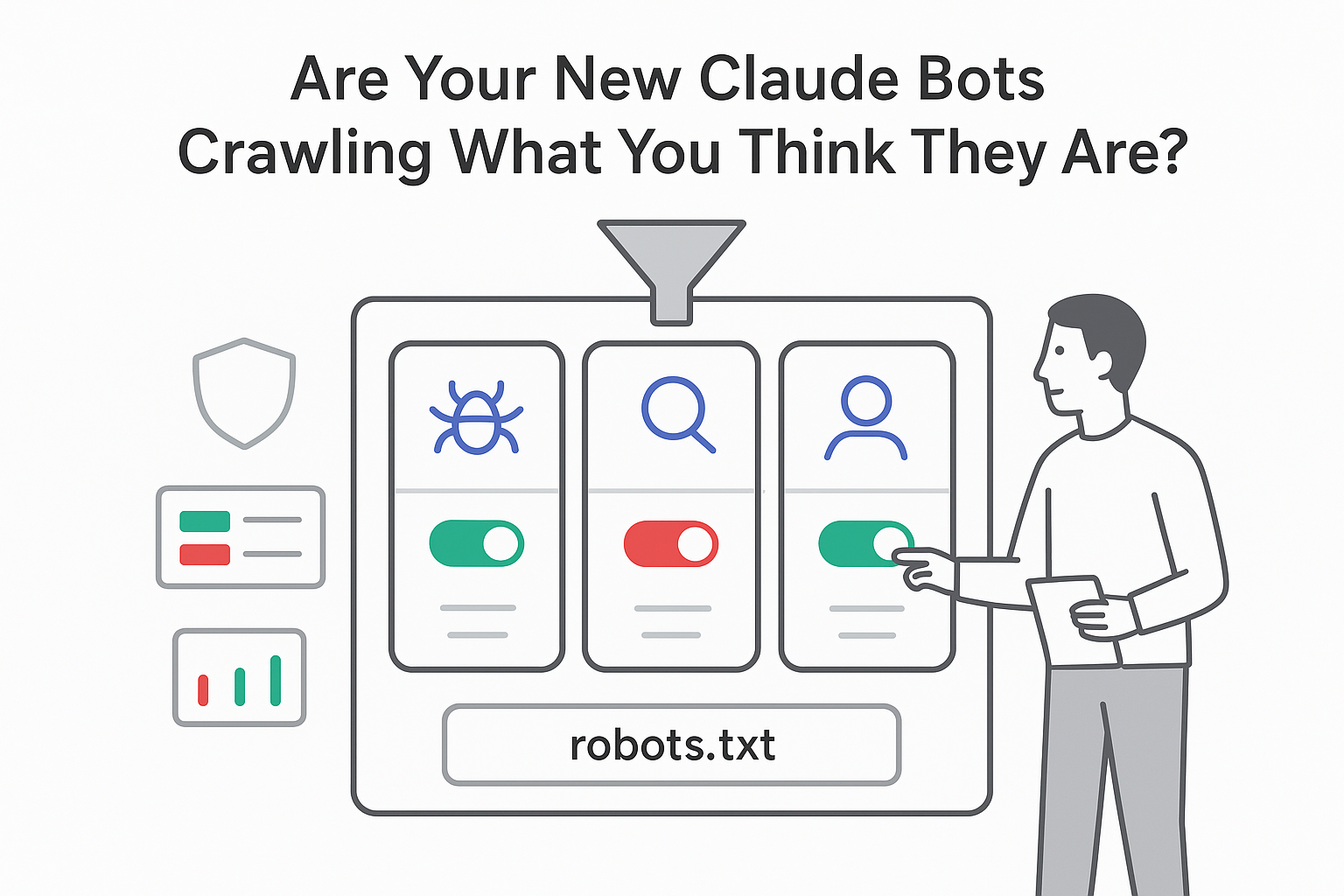
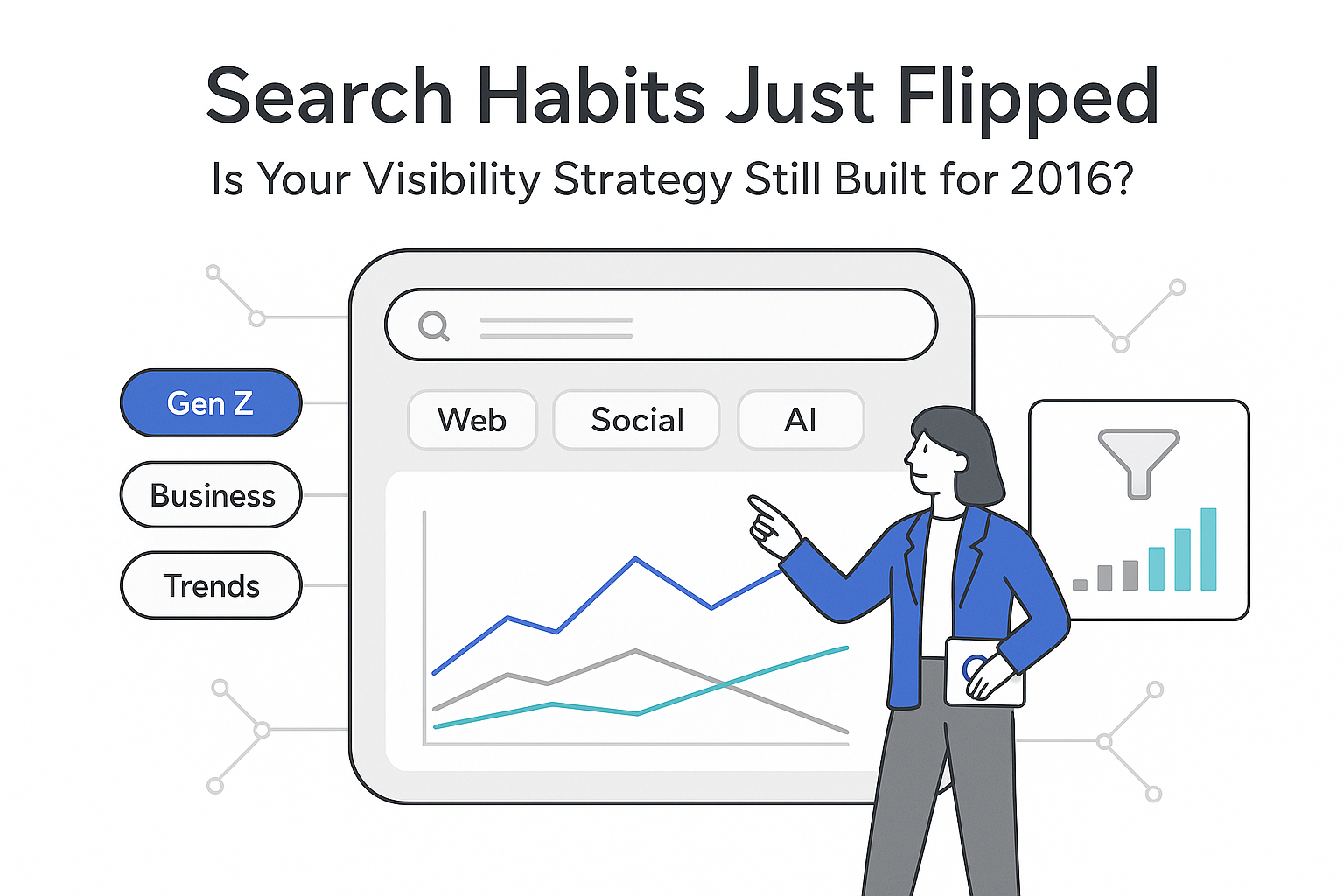
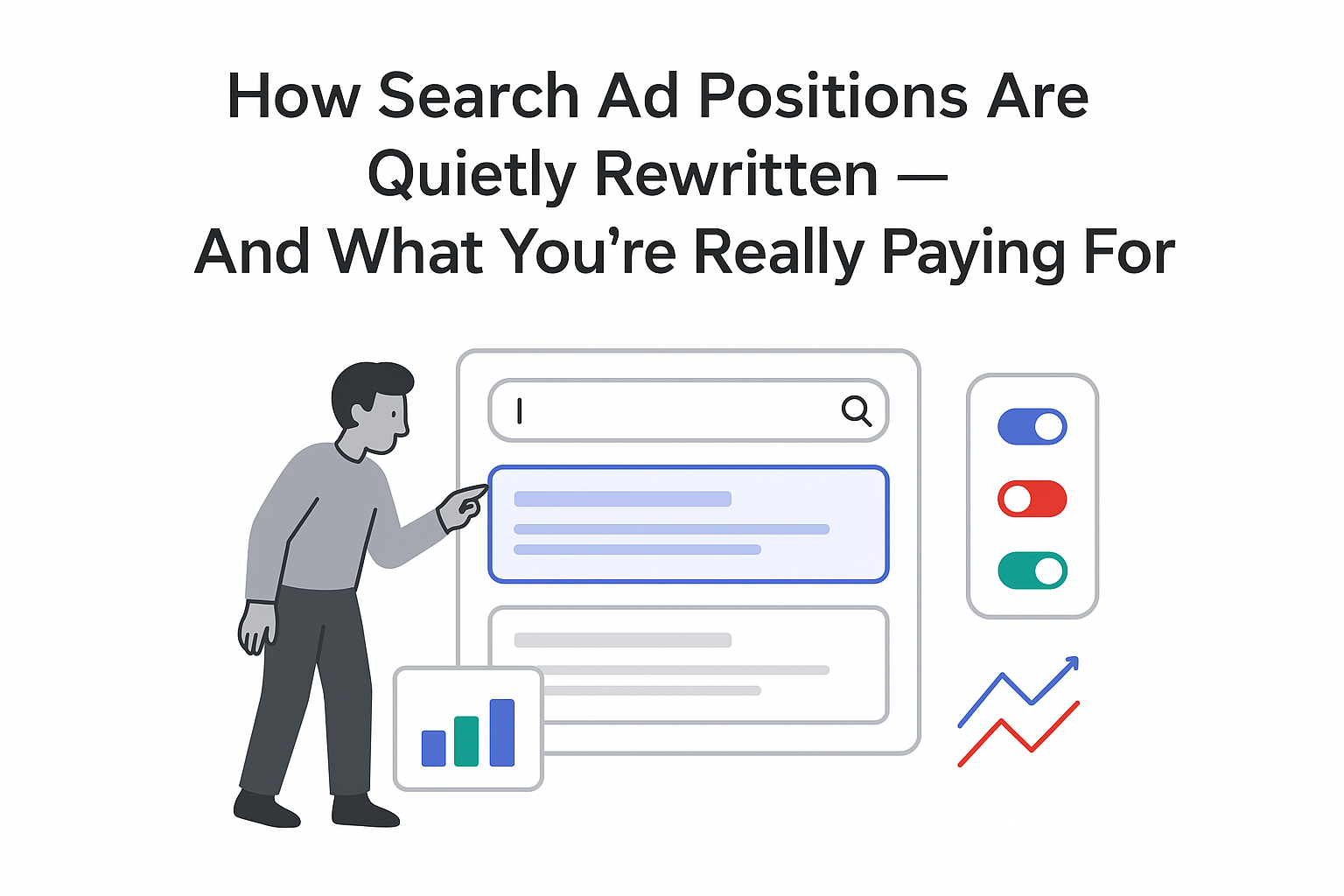
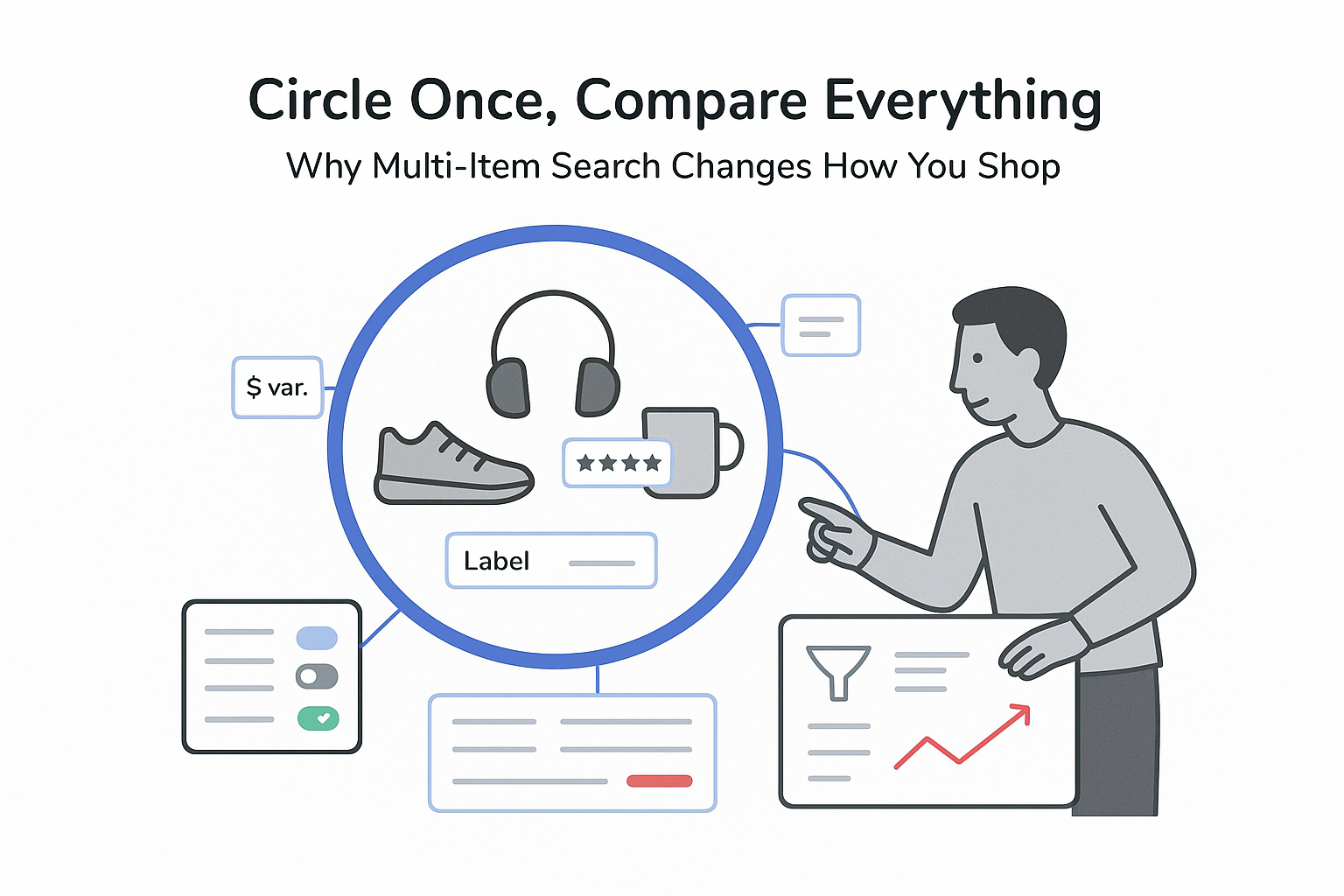
.svg)